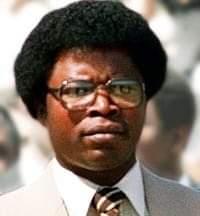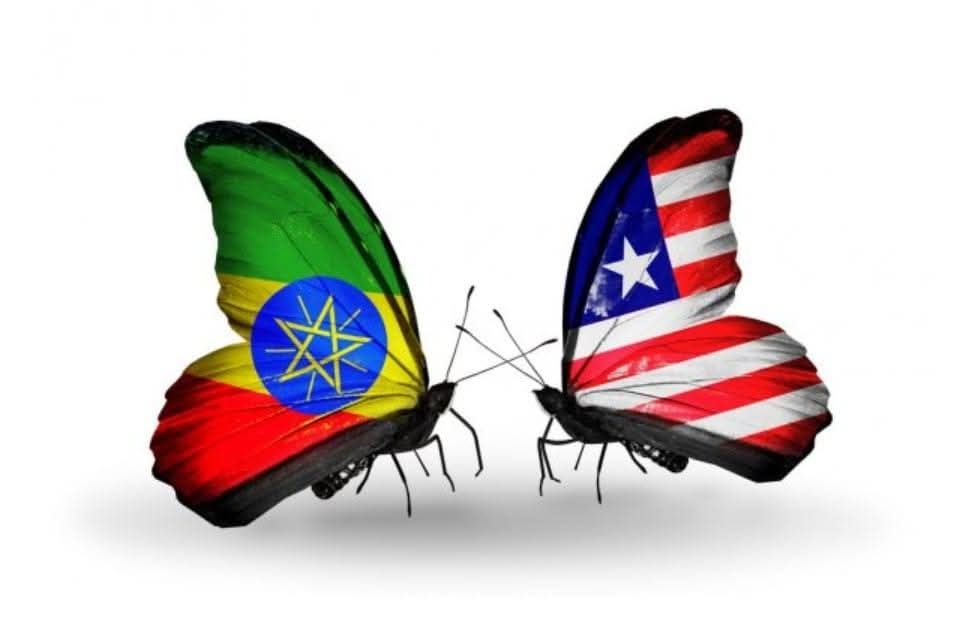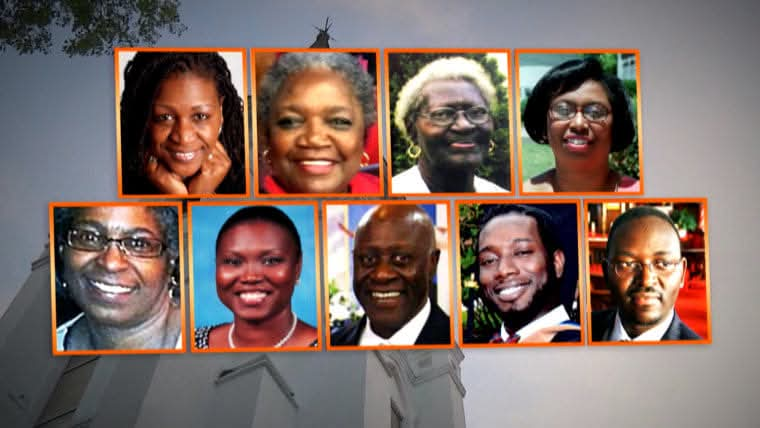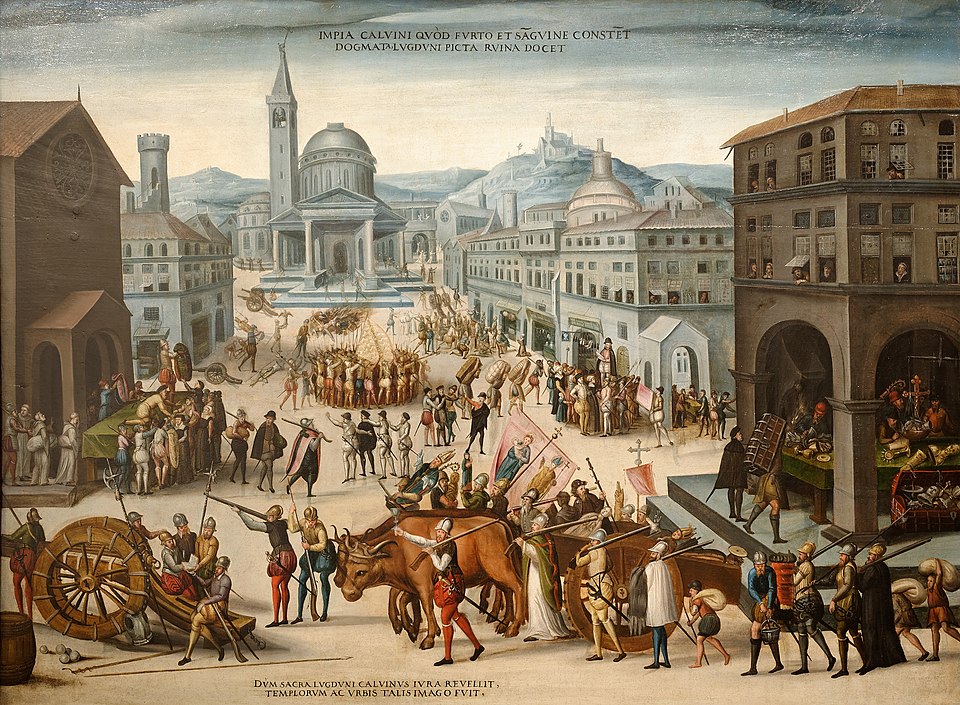SAMUEL (DR.) DOE: The Liberian President That Died A Violent Death

Did you know that Doe was tortured for more than 12 hours, had his fingers and toes cut off after he was captured in Monrovia on 9 September 1990 by Prince Y. Johnson, leader of the Independent National Patriotic Front of Liberia, INPFL, a breakaway faction of Charles Taylor's NPFL?
Samuel Kanyon Doe, born 6 May 1951 — 9 September 1990, was a Liberian politician who served as the Liberian leader from 1980 to 1990, first as a military leader and later as a civilian.
Doe was born in Tuzon, a small inland village in Grand Gedeh County. His family belonged to the Krahn people, a minority indigenous group important in this area. At the age of sixteen, Doe finished elementary school and enrolled at a Baptist junior high school in Zwedru. Two years later, he enlisted in the Armed Forces of Liberia, hoping thereby to obtain a scholarship to a high school in Kakata, but instead he was assigned to military duties over the next ten years. He finally completed high school by correspondence. Doe was promoted to the grade of Master sergeant on 11 October 1979 and made an administrator for the Third Battalion in Monrovia, which position he occupied for eleven months.
Commanding a group of Krahn soldiers, Master Sergeant Samuel Doe led a military coup on 12 April 1980 by attacking the Liberian Executive Mansion and killing President William R. Tolbert, Jr. His forces killed another 26 of Tolbert's supporters in the fighting. Thirteen members of the Cabinet were publicly executed ten days later. Shortly after the coup, government ministers were walked publicly around Monrovia in the nude and then summarily executed by a firing squad on the beach. The convicted were denied the right to a lawyer or to any appeal. Hundreds of government workers fled the country, while others were imprisoned.
After the coup, Doe assumed the rank of general and established a People's Redemption Council (PRC), composed of himself and 14 other low-ranking officers, to rule the country. The early days of the regime were marked by mass executions of members of Tolbert's deposed government. Doe ordered the release of about 50 leaders of the opposition Progressive People's Party, who had been jailed by Tolbert during the rice riots of the previous month.
Shortly after that, Doe ordered the arrest of 91 officials of the Tolbert regime. Within days, 11 former members of Tolbert's cabinet, including his brother Frank, were brought to trial to answer charges of "high treason, rampant corruption and gross violation of human rights." Doe suspended the Constitution, allowing these trials to be conducted by a Commission appointed by the state's new military leadership, with defendants being refused both legal representation and trial by jury, virtually ensuring their conviction.
Before the 1980 coup, natives had often held a marginal role in society, which was dominated by the descendants of the Americo-Liberian Pioneers; composed primarily of free-born North American blacks and freed slaves, the Pioneers were the immigrants who had established Liberia in the 1820s and led the country beginning with independence in 1847.
Doe abruptly ended 133 years of Americo-Liberian political domination. Some hailed the coup as the first time since Liberia's establishment as a country that it was governed by people of native African descent instead of by the Americo-Liberian elite. Other persons without Americo-Liberian heritage had held the Vice Presidency (Henry Too Wesley), as well as Ministerial and Legislative positions in years prior. Many people welcomed Doe's takeover as a shift favoring the majority of the population that had largely been excluded from participation in government since the establishment of the country.
However, the new government, led by the leaders of the coup d'état and calling itself the People's Redemption Council (PRC), lacked experience and was ill-prepared to rule. Doe who became head of state, suspended the constitution, but promised a return to civilian rule by 1985.
In the first alleged plot against his government, nine military personnel arrested two months after the original 1980 coup were reportedly jailed for life. In June 1981, his government denounced another alleged coup in which thirteen members were executed behind closed doors.
Months later, Thomas Weh Syen, an outspoken critic of some of Doe's policies, including the closure months before the Libya diplomatic mission and the forced reduction of staff from fifteen to six at the Soviet embassy, was arrested on August 12 of that same year, along with four other officers. They were promised a defense attorney but none was given, and in three days they were executed, which caused panic in the citizens of the capital.
During his rule, Doe portrayed himself as an enlightened leader whose actions were intended to bring "relief to many". He styled himself "Dr. Doe" starting in 1982, after making a state visit to Chun Doo-hwan in South Korea and being awarded an honorary doctorate from the University of Seoul. After seven years of calling himself a doctor, Doe announced in 1989 that he had completed a bachelor's degree from the University of Liberia.
In 1985, Doe ordered an election and officially became the 21st President of Liberia. The election was marked by controversy as there was evidence of election fraud. Doe had support from the United States; it was a strategic alliance due to his anti-Soviet stance taken during the years of the Cold War prior to the changes in 1989 that led to the dissolution of the Soviet Union.
Doe opened Liberian ports to Canadian, Chinese and European ships. This brought in considerable foreign investment from foreign shipping firms and earned Liberia a reputation as a tax haven. Opposition to his rule increased, especially after the 1985 elections, which were declared to be fraudulent by most foreign observers. For political reasons, the U.S. continued to support him. Thomas Quiwonkpa was murdered due to a failed coup.
In the late 1980s, as the U.S. government adopted more fiscal austerity and the threat of Communism declined with the waning of the Cold War, the U.S. became disenchanted with the entrenched corruption of Doe's government and began cutting off critical foreign aid. This, combined with the popular anger generated by Doe's favoritism toward Krahns, placed him in a very precarious position.
Charles Taylor, a former ally of Doe, crossed into Liberia from the Ivory Coast on 24 December 1989, to wage a guerrilla war against Doe. Taylor had broken out of a jail in the United States, where he was awaiting extradition to Liberia on charges of embezzlement. The conflict quickly flared into full-fledged civil war. By mid-1990, most of Liberia was controlled by rebel factions.
Doe was captured in Monrovia on 9 September 1990, by Prince Y. Johnson, leader of INPFL, a breakaway faction of Taylor's NPFL. General Quinoo, the head of ECOMOG, had invited Doe to the ECOMOG headquarters for a meeting and assured him of his safety from the rebels. On the morning of 9 September 1990, Doe arrived at a precarious time during an ongoing change in guard duty from the well-armed and better equipped Nigerian team of peacekeepers to the weaker Gambian contingent. The Nigerian team had just withdrawn from the scene when Doe's convoy of lightly armed personnel arrived. Doe was escorted to General Quinoo's office where he was formally welcomed, while most of his team of aides and guards waited outside. Johnson's rebels surprised everyone by suddenly arriving on the scene uninvited and heavily armed, overwhelming and disarming the entirety of Doe's team while encountering no resistance. They then started shooting Doe's team individually and later in groups.
Upon hearing the gunshots from outside, Doe expressed concern to Quinoo, who assured him that all was fine. Quinoo later excused himself to check on what was happening outside and was followed by his aide, Captain Coker of the Gambian contingent. Both men took cover upon assessing the situation. Johnson's men moved indoors, finished off Doe's remaining team, shot him in the leg, and took him captive. When the dust settled, over 80 of Doe's men lay dead. Coker characterized the incident not as a fight, but a brutal massacre. Remarkably, none of the ECOMOG personnel were shot in the carnage.
Doe was taken to Johnson's military base. To prove that he was not protected by black magic, Johnson ordered Doe's ears be cut off in his presence. Shackles were also placed around Doe's legs and something strange was tied around his glans, as can be seen in the recording. At the end of the recording Doe was forced to get up, and some of his fingers and toes were also amputated. After 12 hours of torture at Johnson's hands, Doe was finally murdered; his corpse had its head shaved and was exhibited naked in the streets of Monrovia with cigarette burns.
Doe's body was later exhumed and reburied. The spectacle of his torture was video-taped and seen on news reports around the world. The video shows Johnson sipping a beer as Doe's ear is cut off.
#penglobalhistory #SamuelDoe



